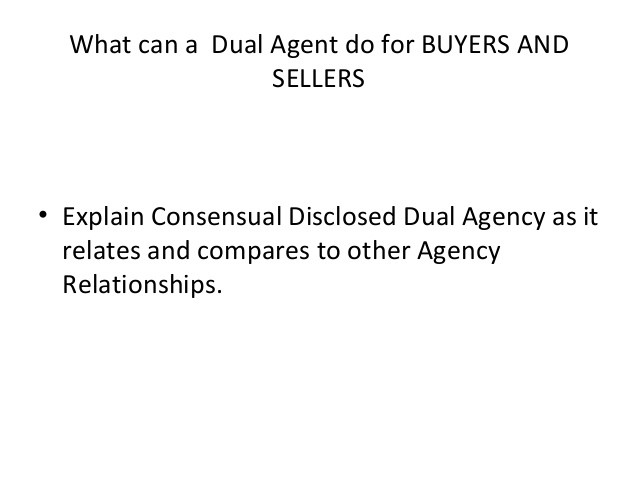Full Disclosure Requirements for Real Estate Brokers and Agents
Post on: 16 Март, 2015 No Comment

Locate a Local Real Estate Lawyer
Most Common Real Estate Issues
- Mortgages
- Condominiums and Cooperatives
- Purchase and Sale of Residence
- Construction Disputes
- Title and Boundary Disputes
- Landlord and Tenant
- Zoning, Planning and Land Use
- Foreclosures
Why Is Full Disclosure Important?
In business transactions, especially real estate deals, the contract often contains a full disclosure requirement. Full disclosure means being truthful and forthcoming about anything the other party should know regarding any material issues involving the transaction, especially if it may mean the difference between the other party entering or not entering the deal.

Even if the contract does not contain a full disclosure requirement, most states require that real estate brokers and agents to sign a full disclosure form listing everything material about the deal, under the penalty of perjury. This means that if a real estate agent or broker falsifies or fails to disclose important information, he or she could be charged with perjury. Additionally, the form might contain other penalties agreed upon between the parties if one party fails to disclosure material information.
What Kinds of Information Must a Real Estate Agent or Broker Disclose?
In real estate transactions, full disclosure typically means that the seller must disclose any property defects and any other important information that could have an effect on a party’s decision to enter into the deal. However, many transactions are mediated by a?@real estate broker or his or her agent. The real estate broker and the agent has the same duty as the seller to make a full disclosure.
If the real estate agent is representing a buyer in a property transaction, he or she has a duty to disclose information such as:
- Whether the seller is willing to accept a lower offer.
- Facts or data describing the urgency of the sellers need to complete the sale.
- Whether the broker has any interest in the property being sold or any personal relationship to the seller.
- Figures and estimates of the value of the property.
- How long the property has been on the market.
- Updates on any current offers and counteroffers that have been placed on the property.
- Any other important information that would allow the buyer to finalize the sale at the lowest price and at terms that are most favorable to the?@buyer.
Similarly, if the agent or broker is representing the seller in the transaction, he or she has a duty to fully disclose such information as:
- Whether or not the buyer would be willing to pay more for the property than what the buyer offered.
- Facts or data related to the buyers urgency in obtaining the property.
- Whether the broker had any previous or existing personal relationships to the buyer.
- Data related to the buyers financial ability to complete the purchase.
- Any other figures or estimates that would affect the sellers power to complete the sale at the highest price and at terms that are most favorable to the seller.
As a real estate broker may be interacting with both the buyer and seller in a transaction, it is possible for a broker to be held liable to both buyer and seller in the event of a violation. In this case it may still be necessary for the buyer and seller to be represented by different lawyers, especially if there are conflicts of interest between the various parties.
What If My Real Estate Broker or Agent Has Failed to Fully Disclose?
Real estate brokers and their agents are responsible for ensuring that their client enters into a transaction fully informed. Whether they are representing the buyer or seller, both parties should know all the facts relating to the sale or purchase of the property.
If your real estate broker or agent has violated his or her full disclosure requirements, you may be entitled to contract damages. For example, a seller may be able to recover any projected profits that were lost due to the brokers failure to disclose pertinent information. This is usually calculated according to fair market values and the rates that are applied to the particular neighborhood where the property is located.
Additionally, if your broker violated his duty to fully disclose because of malicious or criminal intent, it may be possible to recover other types of damages, such as punitive damages .
If you suspect that you have incurred losses or lost opportunities due to your real estate agents actions, you should keep all records and documents relating to your dealings with the agent. Be sure to gather important data such as any prices that were presented to you, dates of offers, acceptances of offers, and any written reports that have suspicious or questionable figures.
Do I Need a Lawyer?
When working with a real estate broker or agent, you should double check the information that they provide to you. You may wish to hire a property appraiser for a second opinion, or speak with a real estate lawyer regarding your rights as a buyer or as a seller. A real estate lawyer can help protect your interests by confirming that all information has been properly disclosed to you. Also, if you need a draft of a full disclosure agreement, an attorney can create one that is specific to your circumstances.
Last Modified: 07-08-2014 02:34 PM PDT














